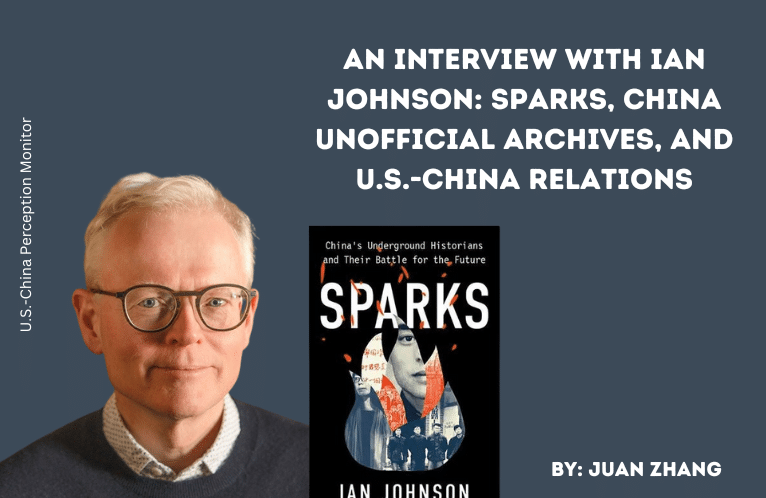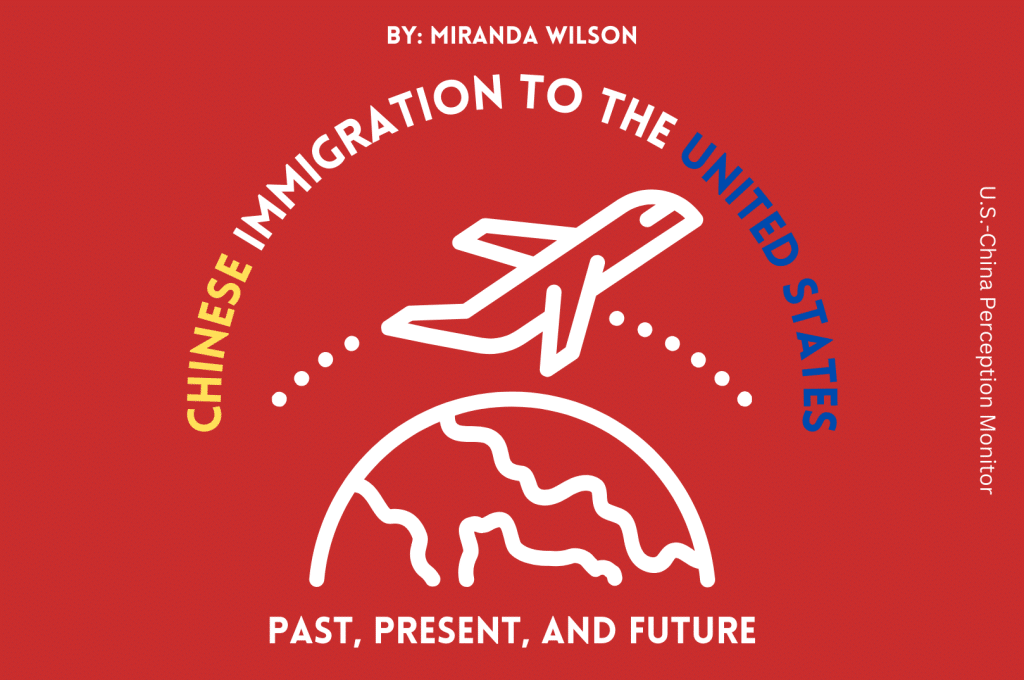Significance and Challenges: China-U.S. Cooperation on the Fentanyl Issue
Chinese and US Engagement with Developing Countries News Roundup: Apr.1 – Apr.8, 2019
Every two weeks, The Carter Center’s China Program releases an overview of major events involving Chinese and US global engagement, with a particular focus on emerging issues in Africa and Latin America. In addition to using news sources, the news roundup will analyze papers and reports from academic journals, governmental bodies, and NGOs, and will also summarize debates and other events organized by think tanks on select issues. The news roundup is intended to be a platform and resource for both China watchers and for readers interested in political and economic development in developing countries. It aims to deepen the understanding of China’s foreign policy, and emerging issues and trends in developing countries, as well as to enhance the prospect of multinational cooperation among China, the U.S., Africa and Latin America.

Global Reach: Information is a Weapon
(Aleksandra W. Gadzala, Democracy Journal Spring 2019, No. 52)

Aleksandra Gadzala, nonresident senior fellow at the Atlantic Council’s Africa Center, wrote a piece for the Democracy Journal’s Spring 2019 issue discussing China’s newer soft power tactics aimed at spreading a Chinese global narrative. She highlights the shift towards Beijing’s overseas expansion of Chinese state media and technologies, in addition to its emphasis on promoting people-to-people exchanges. These efforts are focused on China’s method of laying down groundwork for a long-term promotion of a Chinese global narrative and viewpoint. Gadzala suggests the U.S. should combat this by also thinking in the long-term rather than the short-term, promoting democratic ideals, and providing viable alternatives to what China is currently offering Africa and Latin America.
Finding Common Ground: US-China Cooperation Along the Belt and Road
Saferworld, a nongovernmental organization focused on peacebuilding and conflict resolution, hosted a meeting of eight scholars and experts in Washington DC in mid-March to discuss China’s Belt and Road Initiative. The discussion focused around the peace and security implications of the BRI and where and how the US and China, amid political and economic tension, could cooperate on issues of peace, security, and stability. The participants arrived upon a few points that require further consideration. They pointed out that in many cases, the US’ and China’s interests overlap so much that cooperation would not only be possible but could be more practical than operating individually, such as in Afghanistan, Liberal, Sudan, and South Sudan. They suggested that areas with potential for collaboration include in non-traditional security threats and in engaging with Chinese financial institutions.
China’s Construction Binge Spreads to Americas, Rattles US

China has been rapidly expanding its construction efforts into Latin America. A key country China has been moving in on is Panama, which is of strategic interest to China, given Beijing’s frequent use of the Panama Canal. Panama is a relatively new ally of China; the two countries just established diplomtic relations in June 2017, following Panama’s severing of diplomatic ties with Taiwan. Panamanian President Juan Carlos Varela has spoken fondly of Panama’s relationship with China and ability to cooperate more with Asia in general. He has also said that Panama’s relationship with China won’t affect its relationship with the U.S. However, the U.S. still has concerns about China’s movement into the region. Following a visit to Panama in October, U.S. Secretary of State Mike Pompeo told reporters that Panama and other Latin American countries should be wary of Chinese investments. Roberto Eisenmann, founder of Panama’s most prominent newspaper, said that the U.S.’ “America First” approach is only leaving a larger vacuum in Latin America that China is attempting to fill.
Djibouti Needed Help, China Had Money, and Now the U.S. and France Are Worried
China’s “Belt and Road” initiative in Africa has come to a sharp point where the western world starts to raise hackles, from Paris to Washington. Djibouti, a tiny developing country with about 1 million people and having livestock as its major income, has recently spent over $12 billion on port and rail projects, and majority of the loans came from China. Djibouti’s investment in infrastructure seems to be considered as a bold move and does not please the western community. IMF said, the financing of this strategy through a buildup of debt may result in risky debt distress. However, the Djiboutian government holds different views, saying that the IMF assessment shouldn’t include the Djiboutian state enterprises because they “are overperforming or have the capacity to overperform.” French President Emmanuel Macron in his visit in March to Djibouti warned the government that overreliance on Chinese largesse might look good in the short term but would end up being bad over the longer term. The U.S. government, as always, says things in a more extreme way. If China gained control of the Doraleh Container Terminal via a debt-for-equity swap, the balance of power would shift in favor of China, as the US Secretary of State John Bolton warned of the consequences.
A Remarkable Rail Journey into the Horn of Africa’s Past, and Future

Ethiopia has experienced formidable economic growth over the past few years, though it has not been without bumps in the road. Anti-government riots, along with a drought in 2016 have suggested the the nation is not altogether at ease with change. As part of these economic developments, the nation saw the beginning of an electric rail project that would connect Addis Ababa to neighboring Djibouti. The project was built with foreign assistance including Chinese loans and technical expertise. The project took 5 years, and roughly $3.4 billion, increasing the ease with which Ethiopia could access the Red Sea. As a result, the Doraleh Port in Djibouti now processes 95% of Ethiopia’s International Trade. Despite the completion of the project, the presence of the Chinese engagement remains. Wismayer notes the following up his experience on the train, “Its [The Train] Chinese provenance was confirmed by the ethnicity of the “Captain” ushering people aboard, and by our salmon-colored tickets, the same as those issued by China’s National Railway.”
Britain’s quest for a role in China’s Belt and Road is a journey to nowhere because of the UK’s disconnection from Europe
As the Belt and Road Initiative grows, does it have room to expand to the United Kingdom? With the recent signing of an MOU between Italy and China, this has become a possibility, albeit there are numerous challenges which may prevent it from becoming a reality. With the United Kingdom in the midst of leaving the European Union, some “Brexiteers” see the BRI as an opportunity to return to economic growth for Britain. While some in the UK may wish to join the BRI, that does not mean that China is desperate to include them, as Rowley writes, “It is with the heartland of industrial Europe that China is intent on connecting, not with an island that is threatening to sever its umbilical cord with the continent. The best that Britain can hope for is to become an offshore financing centre for the BRI.” Japanese firms have already demonstrated a lack of a return on their investments in the United Kingdom, which is also likely to stymie Chinese Investment Interests in the region. For the time being, it is unlikely that China will view the United Kingdom as a potential strategic link in the BRI as it once did until it can gain access to strategic areas like Port Ownership.









